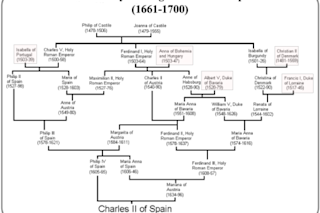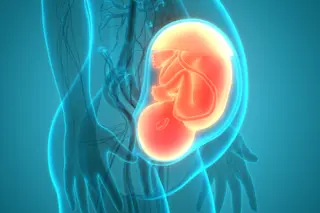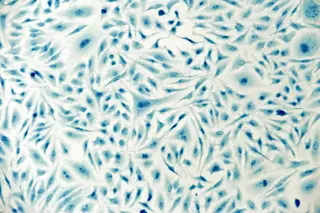Inbred lineage. The Role of Inbreeding in the Extinction of a European Royal Dynasty, Alvarez et. al. Every now and then Richard Dawkins stirs controversy by bringing up the topic of eugenics. This is not surprising in terms of Dawkins' intellectual pedigree. The most influential British evolutionary biologist in the generation before Dawkins, R. A. Fisher, was a eugenicist. Arguably the most the most eminent evolutionist of Dawkins' own generation, W. D. Hamilton, clearly had eugenical sympathies, though he was keenly aware how unfashionable that had become.* University College London's Galton Laboratory still had the word eugenics in its title until 1965. More recently Dawkins has brought up the issue of consanguinity amongst the British Pakistani community. A practice which one might argue is non-eugenical due to the high rate of recessive diseases. First, let's define our terms. There is classical eugenics in the narrow and specific sense, whereby the ...
The inevitability of eugenics...as preventative health
Explore the role of inbreeding in extinction, particularly in historical royal families and modern implications in genetics.
More on Discover
Stay Curious
SubscribeTo The Magazine
Save up to 40% off the cover price when you subscribe to Discover magazine.
Subscribe













